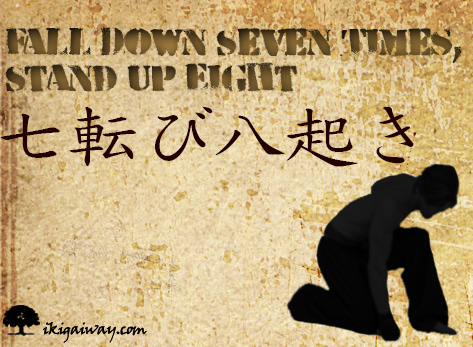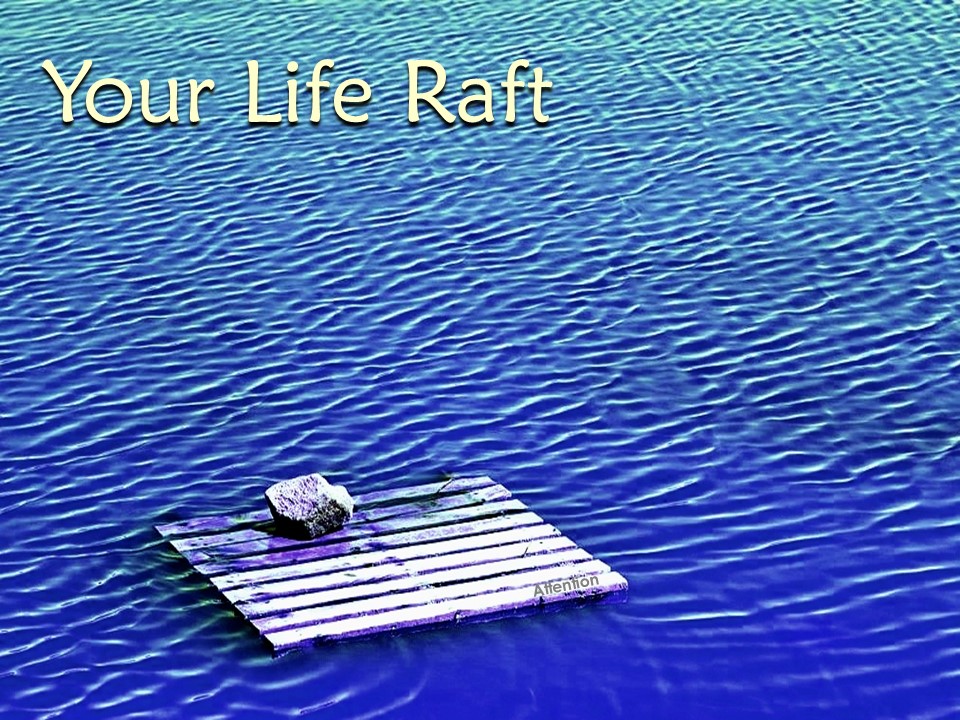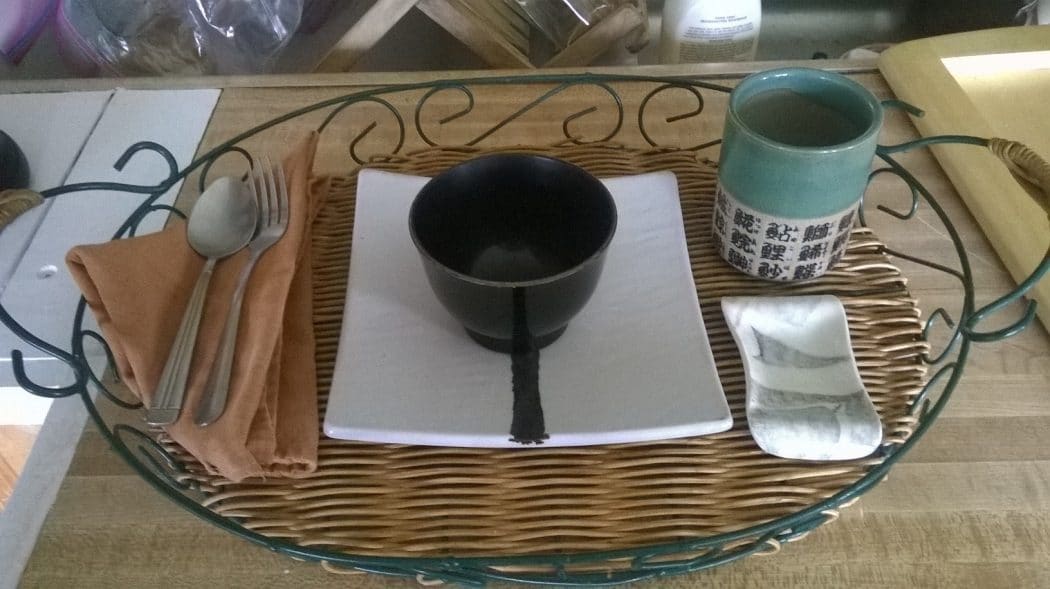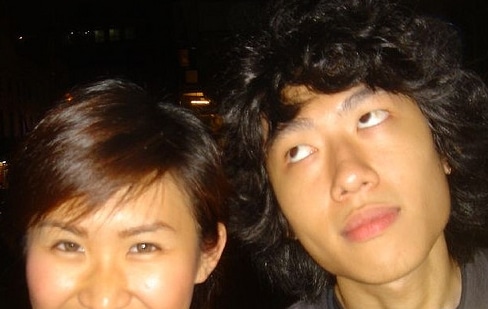EIGHT TIMES UP
by Gregg Krech
There is a wise Japanese maxim that says “Seven Times Down, Eight Times Up.”
Many years ago, I wrote a story by the same name about a woman who had been working all day on a paper for graduate school when her computer crashed and all her work disappeared (before autosave). She hadn’t saved the paper or printed it out, so all her work simply dissolved. Now what? In order to pass her course, and eventually graduate, she had to sit down and begin rewriting the paper.
Regardless of the type of endeavor – graduate school, writing a novel, starting a new business – it is not likely to go smoothly. This is the rule rather than the exception. It’s nothing personal. No matter how intelligent we are or how well we have planned, we encounter challenges that knocks us down. If we can summon up the strength to get up and persevere, we will probably get knocked down again.
Should our goal be to avoid falling down? No, that’s not a controllable goal. A better goal might be to get up more quickly after we fall. Falling is often one of the first lessons of martial arts and getting up skillfully and gracefully is an essential part of the process.
My family once saw a very talented circus performer named Gregory Popovich. He was performing a juggling act that involved progressively juggling more and more balls, which were thrown higher and higher, while riding on a bike and then ending the routine by perfectly catching them all. As he performed, one of the balls dropped. He picked it up, without missing a beat, and started again. Again, he dropped a ball. He made a silly face, causing the audience to laugh, and moved right into another attempt at the routine. This time he succeeded. Though you could not help but be impressed by his juggling, I was really more impressed by how he handled the dropped balls.
In a crisis, part of the falling/recovering process is continuing to engage in constructive activity even while our thoughts and feelings are in emotional turmoil. By keeping up with our foundation of daily activities (showering, dishes, exercise), we will experience some stability. By attending to the needs of the world (pets, grandchildren, cars), we remain responsible.
Second, we take constructive steps, where possible, towards resolving or responding to the crisis situation. This may involve making an appointment to get a second opinion about a diagnosis or consulting a vocational counselor after getting laid off. Such actions often involve the skill of coexisting with our feelings, discussed at greater length in A Natural Approach to Mental Wellness.
Many of us are more skillful when in the midst of a true crisis, than when dealing with a smaller challenge. During a crisis, the urgency and importance of the situation demands that we rise to the occasion, and we often find it within ourselves to do that. When the stakes aren’t quite as high, though, we may be more likely to ruminate about our predicament and suffering, which distracts us from taking constructive steps to address the situation.
The Buddhist teacher Pema Chodron has a book with a wonderful title: Start Where You Are. So wherever you are right now regarding hopes, dreams, goals, aspirations . . . this is where you have to start from. And then tomorrow, or the next moment, you just start again — from where you are. This is a framework for getting a fresh start each moment. No matter how much you messed up, no matter how unfair a blow you received from life, you can always just start fresh. You can get up and brush yourself off. Look around. And do the next thing.
When you feel defeated and in despair, and your thoughts are telling you “it’s easier to just stay on the ground”, your arms and legs can still raise you up. They can do what needs to be done, even if your mind is not yet on board.
There’s a song in the play Hamilton called My Shot. It’s a wonderful song and I found it very inspiring. One of lyrics says, “Rise Up! When you’re living on your knees, you Rise Up!”.
Whether the action is political or personal, rising up can be a revolutionary act. It can change your life and the life of others. Eight times up!
Gregg Krech will be facilitating the Natural Approach to Mental Wellness program beginning on April 17, 2023. Gregg is the founding Director of the ToDo Institute and the author of five books about Japanese Psychology, including the text for this program. REGISTER HERE for this empowering annual event!












